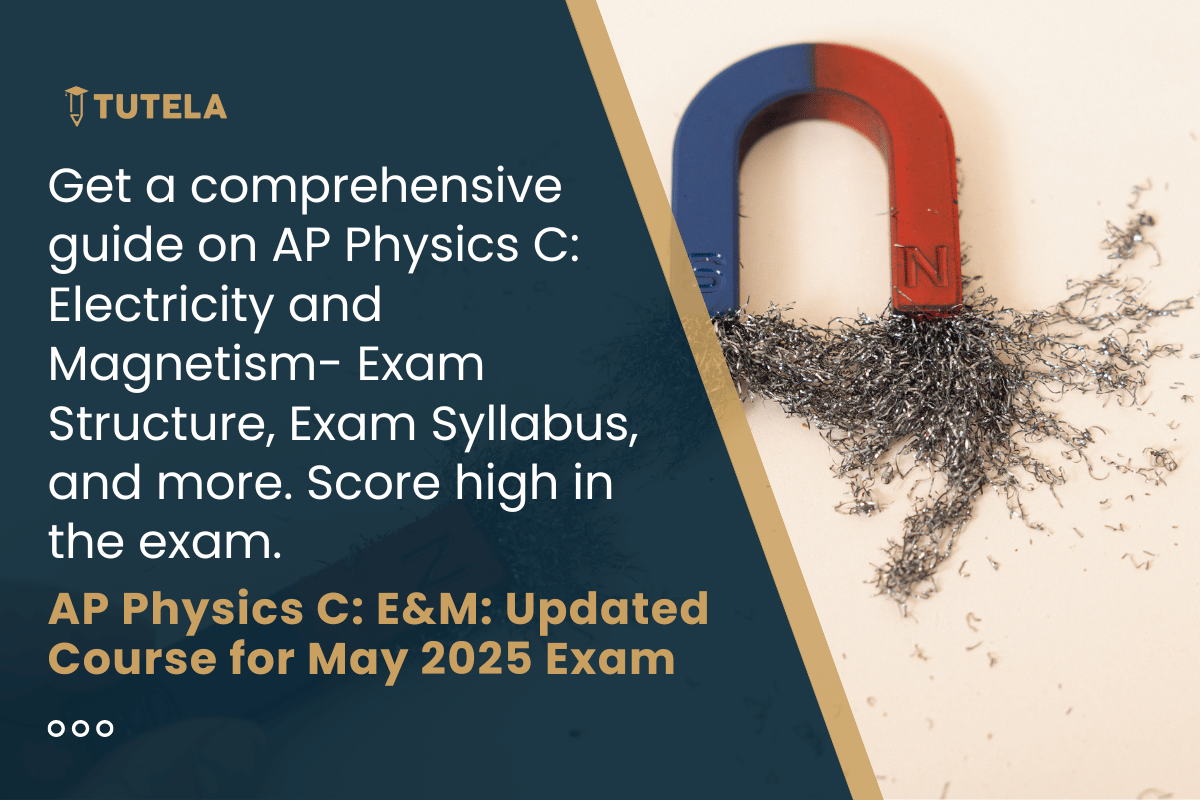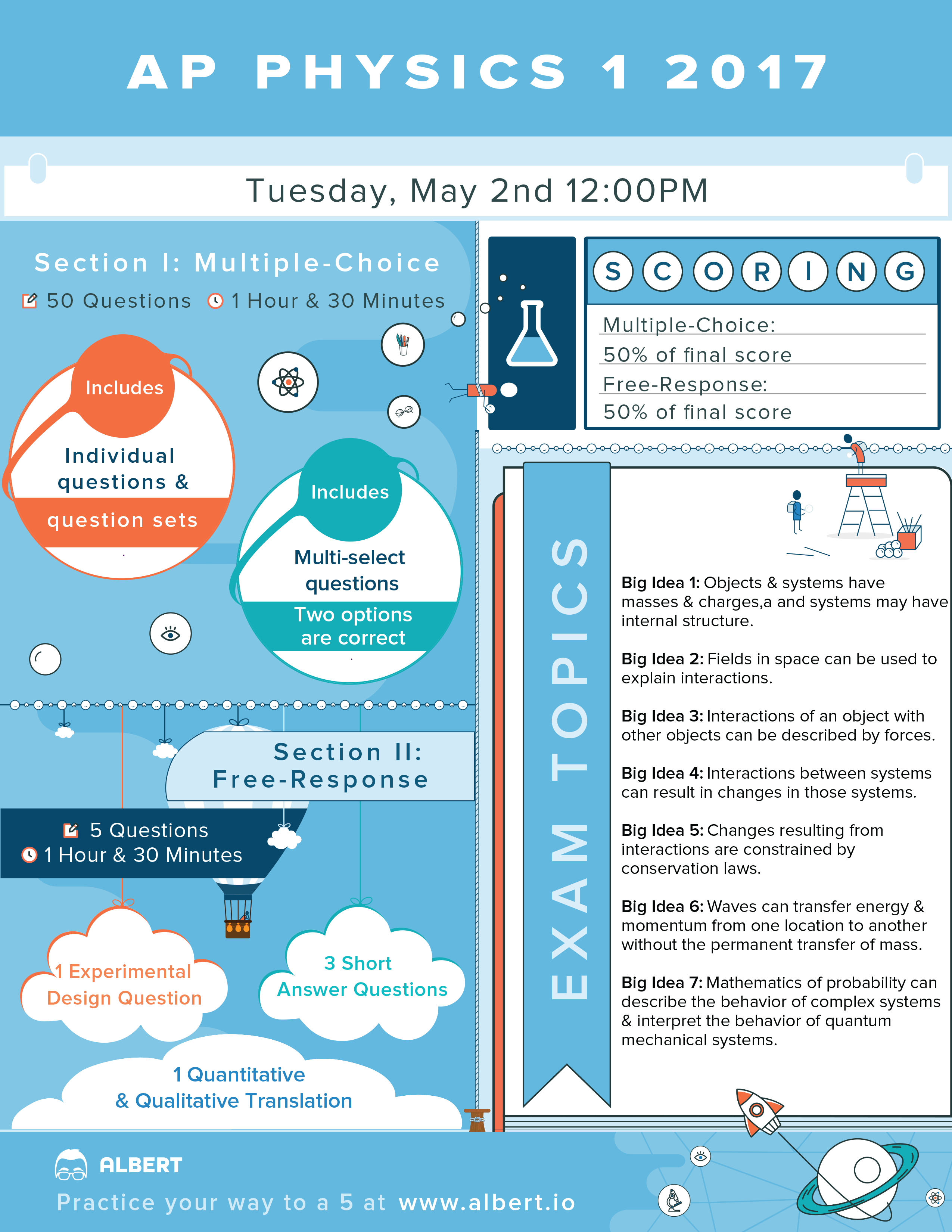
Navigating the 2025 AP Physics Exams: A Comprehensive Guide
The AP Physics exams are a challenging yet rewarding experience for high school students aiming to earn college credit and demonstrate their mastery of foundational physics concepts. For the 2025 testing year, the College Board has introduced a new exam format and schedule, requiring careful planning and preparation. This comprehensive guide will equip you with the knowledge and resources needed to successfully navigate the 2025 AP Physics exam landscape.
Exam Structure and Format:
The AP Physics exams are administered in two tiers, each with its own set of exams:
Tier 1: AP Physics 1 & 2
- AP Physics 1: This exam focuses on foundational concepts in mechanics, heat, electricity, magnetism, and waves.
- AP Physics 2: This exam builds upon AP Physics 1, delving into topics like fluid mechanics, thermodynamics, optics, and modern physics.
Tier 2: AP Physics C: Mechanics & Electricity and Magnetism
- AP Physics C: Mechanics: This exam delves into more advanced mechanics topics, including calculus-based concepts like work-energy theorems, rotational motion, and oscillations.
- AP Physics C: Electricity and Magnetism: This exam explores the fundamental principles of electricity and magnetism, utilizing calculus to analyze circuits, electric fields, and magnetic forces.
Exam Schedule:
The 2025 AP Physics exams will be administered during the traditional AP testing window, which runs from Monday, May 5th, to Friday, May 16th, 2025. Here’s a detailed breakdown of the exam dates and times:
Tier 1 (AP Physics 1 & 2):
- Exam Date: Wednesday, May 7th, 2025
- Exam Time: 8:00 AM – 11:15 AM (Local Time)
Tier 2 (AP Physics C: Mechanics & Electricity and Magnetism):
- Exam Date: Tuesday, May 12th, 2025
- Exam Time: 8:00 AM – 11:15 AM (Local Time)
Important Note: This schedule is subject to change. Please consult the official College Board website for the most up-to-date information.
Exam Components:
Each AP Physics exam comprises two main sections:
- Multiple-Choice Section: This section consists of 50 multiple-choice questions, each with four answer choices. The questions are designed to test your understanding of fundamental concepts, problem-solving skills, and ability to apply physics principles to real-world scenarios.
- Free-Response Section: This section consists of four free-response questions, each requiring a detailed explanation of your reasoning and calculations. These questions assess your ability to communicate your understanding of physics concepts, analyze experimental data, and design experiments.
Scoring and Grading:
The AP Physics exams are scored on a scale of 1 to 5, with 5 being the highest score. The scores are based on a combination of your performance on the multiple-choice and free-response sections. The College Board releases a score distribution table each year, indicating the percentage of students who achieved each score level.
Preparing for the AP Physics Exams:
- Understand the Exam Content: Thoroughly review the official AP Physics Course and Exam Description (CED) documents. These documents provide a detailed outline of the exam content, learning objectives, and assessment criteria.
- Master Key Concepts: Focus on understanding the fundamental concepts and principles of physics. Utilize textbooks, online resources, and practice problems to reinforce your knowledge.
- Develop Problem-Solving Skills: Practice solving a wide variety of problems, including those that require applying multiple concepts. Pay attention to units, significant figures, and proper notation.
- Practice Time Management: The AP Physics exams are timed, so it’s crucial to develop effective time management strategies. Practice answering questions under timed conditions to simulate the actual exam environment.
- Seek Help When Needed: Don’t hesitate to seek help from your teacher, classmates, or tutors if you encounter difficulties. Join study groups or online forums to collaborate and discuss challenging concepts.
- Utilize Practice Exams: The College Board provides past AP Physics exams and practice questions on its website. Utilize these resources to familiarize yourself with the exam format and assess your preparedness.
- Review and Revise: Regularly review your notes, practice problems, and practice exams to solidify your understanding and identify areas needing further attention.
Key Resources:
- College Board Website: The official website for the College Board provides comprehensive information about the AP Physics exams, including exam descriptions, practice questions, and scoring guidelines.
- Khan Academy: This online platform offers free courses, practice problems, and videos covering various AP Physics topics.
- Physics Textbook: A good physics textbook can provide in-depth explanations and examples for each topic covered in the AP Physics curriculum.
- AP Physics Study Guides: Several reputable study guides are available to help you prepare for the exams. These guides often include practice problems, sample exams, and detailed explanations.
Conclusion:
The AP Physics exams are challenging but rewarding experiences that can open doors to college credit and showcase your scientific abilities. By understanding the exam format, schedule, and content, developing effective study strategies, and utilizing available resources, you can confidently approach the 2025 AP Physics exams and achieve your desired scores. Remember, consistency, dedication, and a genuine passion for physics are key to success. Good luck!







